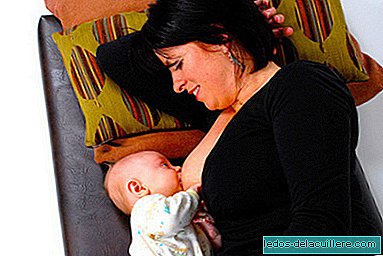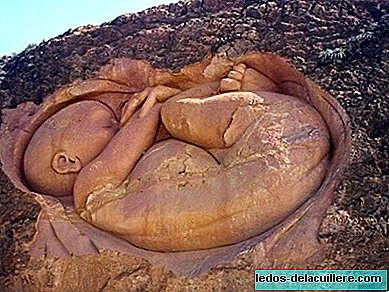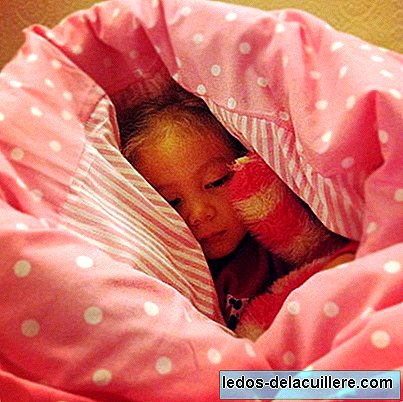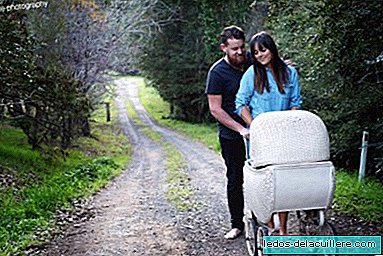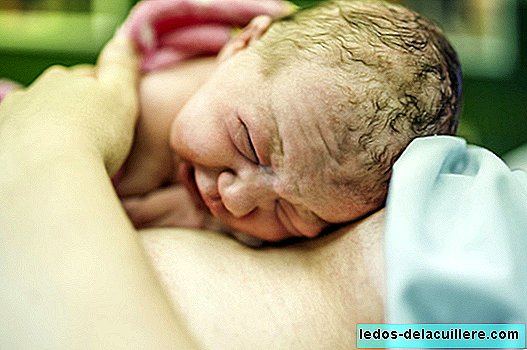
Some chemical agents may be responsible for giving more births to girls than boys, as indicated by a group of experts from the IntrAmericas Center for Environment and Health in Canada in their study. Apparently, this situation is occurring in some Canadian communities and is a consequence directly from pollutants called dioxins, capable of influencing the gender of the future baby.
Dioxins are chemical compounds resulting from combustion processes, these elements are also very little biodegradable and can accumulate in soil and sediments, so that the incidence in the food chain is also possible. The exposure to dioxins causes, in addition to a greater female gender, an increase in the chances of cancer cases in the population. The study prepared by experts shows that dioxins affect even if one lives a certain distance from the source of contamination, even if it is 25 kilometers away. According to the researchers, a normal birth rate is 51% male and 49% female, however, in cities that have undergone the study, the percentage of men is reduced to 46% and that of women increases to 54%.
If dioxins affect the sex of babies, namely how many products can affect other factors, we have already mentioned some examples such as, Industrial pollution causes brain damage in children or the Hermes Project: Exposure assessment and intake of mercury and methylmercury during pregnancy and in the child population. The truth is that it is necessary to study the relationship of many of the components that are released to the biosphere and that undoubtedly affect the human organism in one way or another.
At the moment, Canadian researchers confirm that metal smelters or oil refineries are the polluting sources that cause this situation. In all the cities where this type of industry exists nearby, this circumstance occurs. With these data on the table and knowing that these substances can also produce all kinds of problems such as genetic alterations, cancer, etc., it would be a matter of considering other energy systems that will not harm the human being and especially children.


